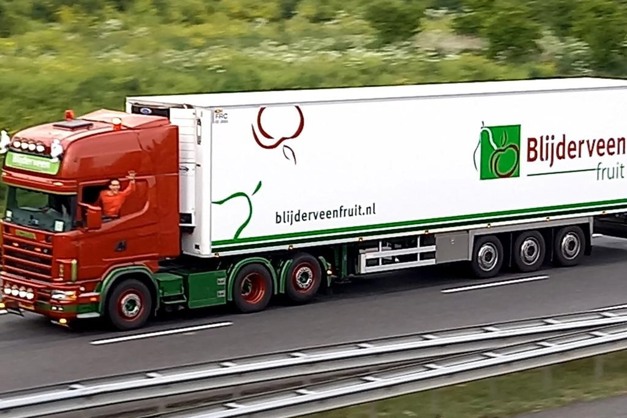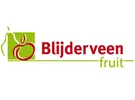After a wet growing season with harsh conditions, Blijderveen Fruit, nonetheless, managed to bring in a good harvest. "There's a well-known saying in fruit growing that water ripens the fruit more easily than the sun," says this Dutch company's Kees van Blijderveen. "Despite many people saying the sugar content isn't extremely high, we have genuinely great-tasting apples and pears. They're just a little riper than usual. So, we'll have to monitor storage closely this year."

He is optimistic about the top fruit sector's future while admitting it will be challenging. The apple and pear harvests in the Netherlands, Belgium, and Germany appear generally lower, although the situation varies by region. Blijderveen Fruit focuses on Conference, Elstar, and Red Prince varieties. "We've never felt compelled to adjust our mindset. So many apple and pear varieties have been introduced, but that won't compel people to eat more of those products," says Kees.
Prices at the start of the season are satisfactory, he says, though that is justified, given the increased costs. "It's important that prices rise gradually. Rather with small steps than with big jumps. The question, however, is always: where's the max? After all, you must be able to sell the fruit."
Kees considers the supply/demand balance a challenge. "If that's not balanced, prices can randomly shoot up or down," he says. Kees doesn't see that happening this year simply because fewer pears were harvested. "Growers have already incurred many costs to grow the pears and have lower tonnages. That necessitates higher prices."
Blijderveen Fruit focuses on the Dutch, German, and French markets. "You can have the will, but it takes a lot to do that well. We have our hands full with our current sales markets," says Van Blijderveen, adding that automation is becoming increasingly crucial for cost control. "That, especially, and all the regulations make it tough for our sector. Automating, particularly, all the manual work is becoming hugely important; that's where most of the costs lie."

Kees is also frustrated with the many inspection bodies and certificates. "We have to deal with GlobalGAP CC, IFS, PlanetProof, and QS. Along with familiar certificates, there are many more. All those ask basically the same questions, just in their own way," he concludes, adding that the fruit quality does not justify this extreme control.
Kees van Blijderveen Gebr. van Blijderveen
Gebr. van Blijderveen
De Brei 9
4031 JE Ingen
Tel: 0344-601224
[email protected]
www.blijderveenfruit.nl
